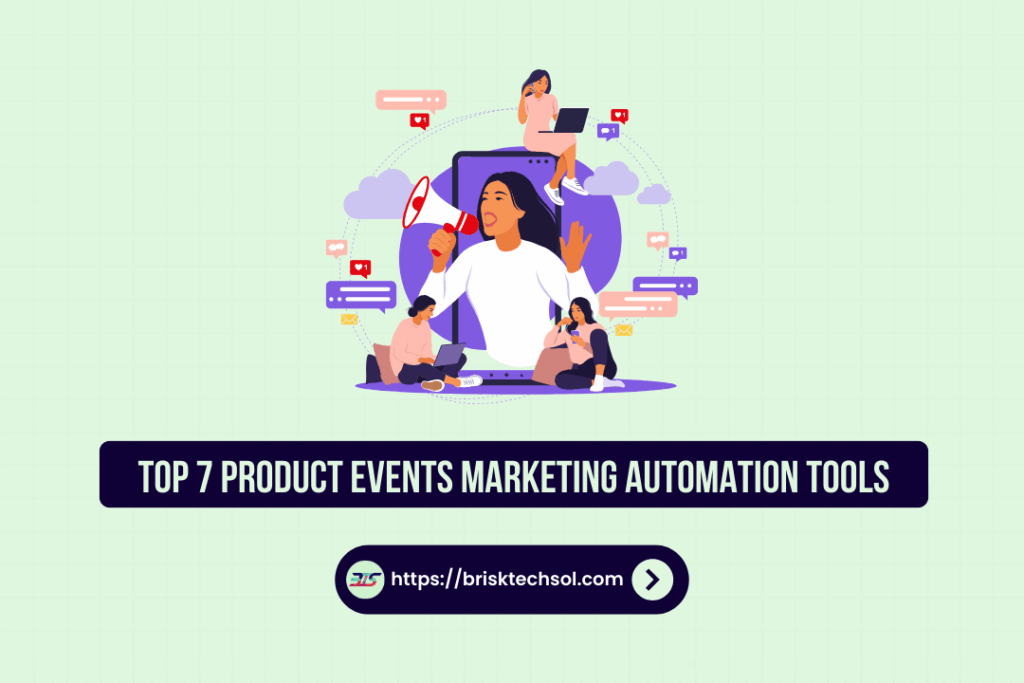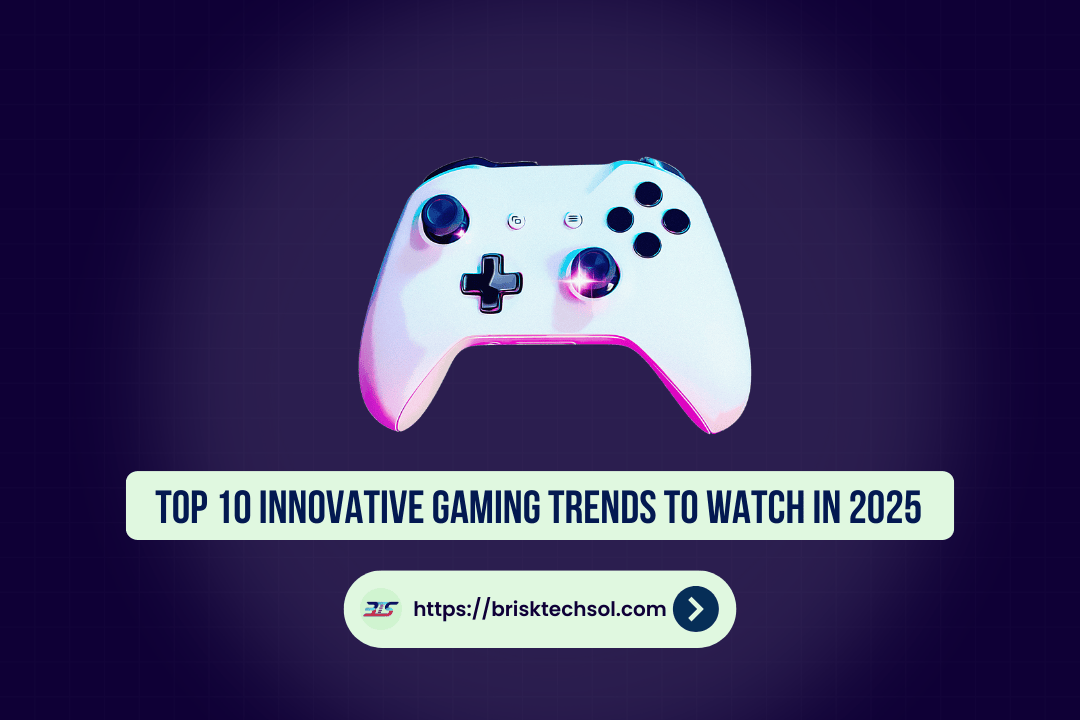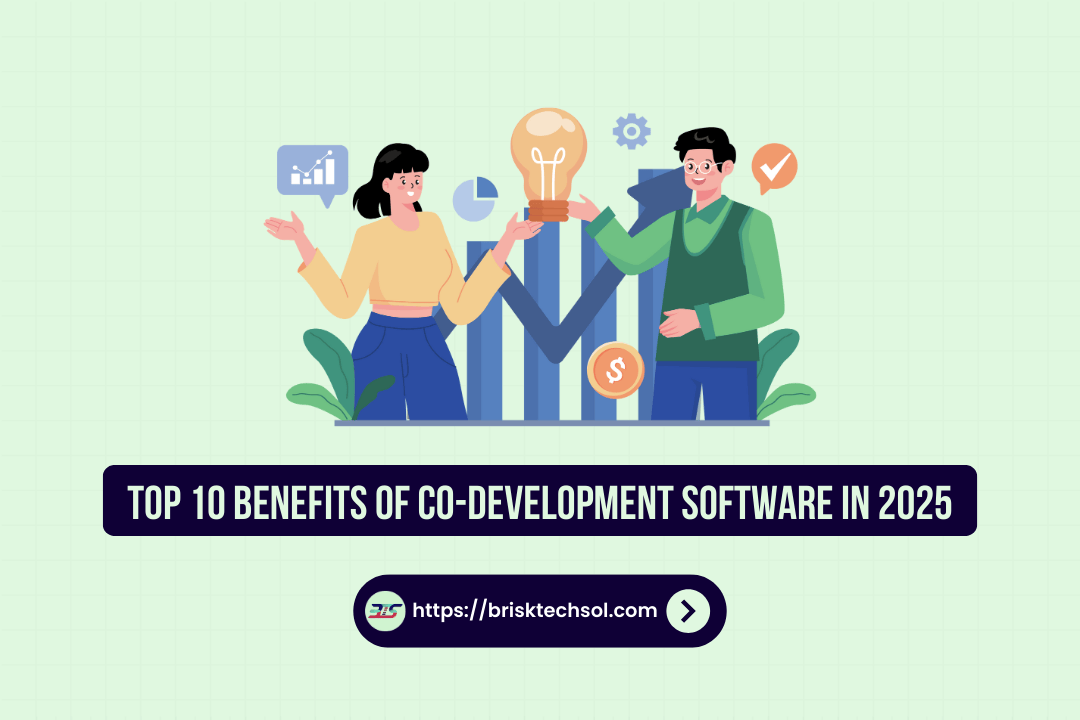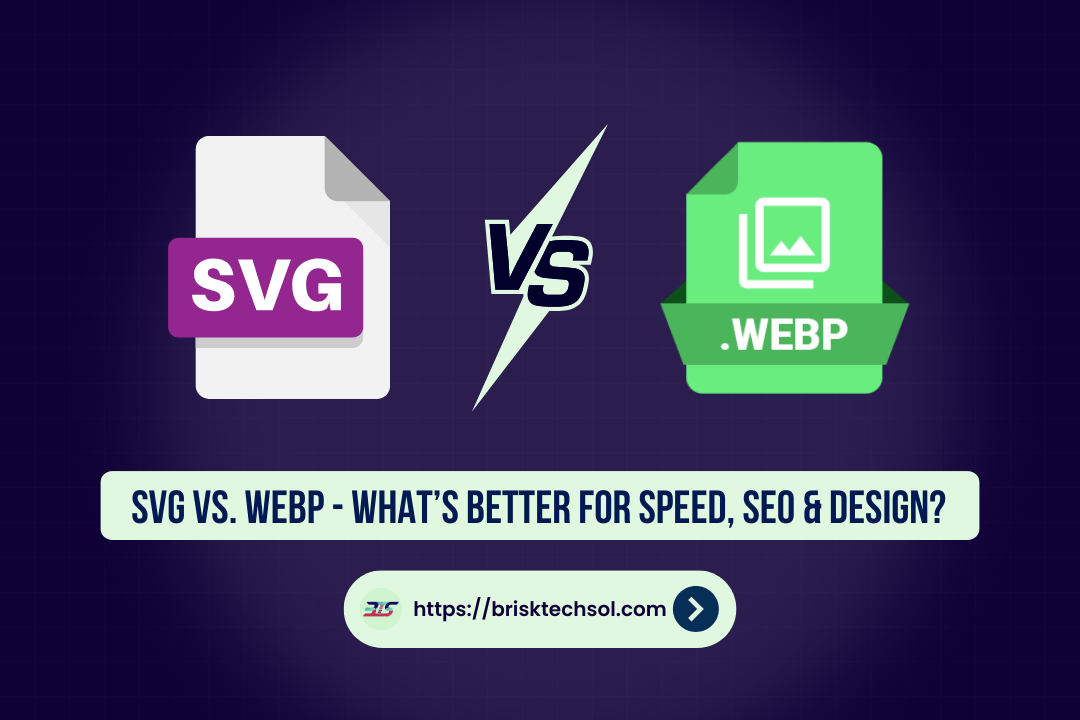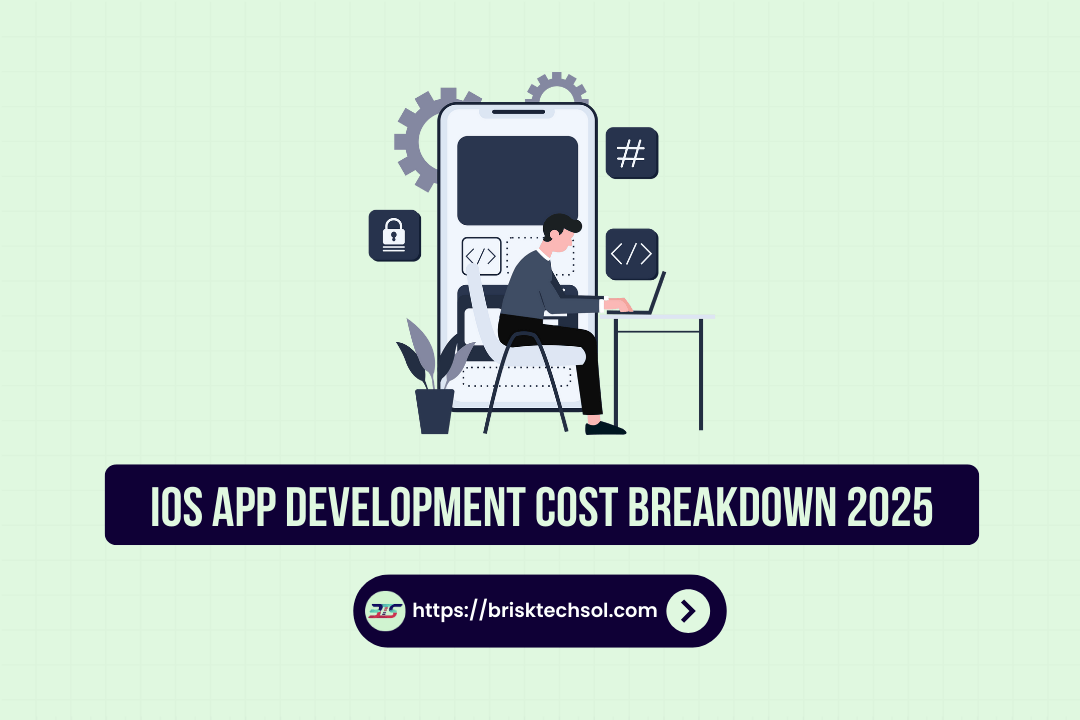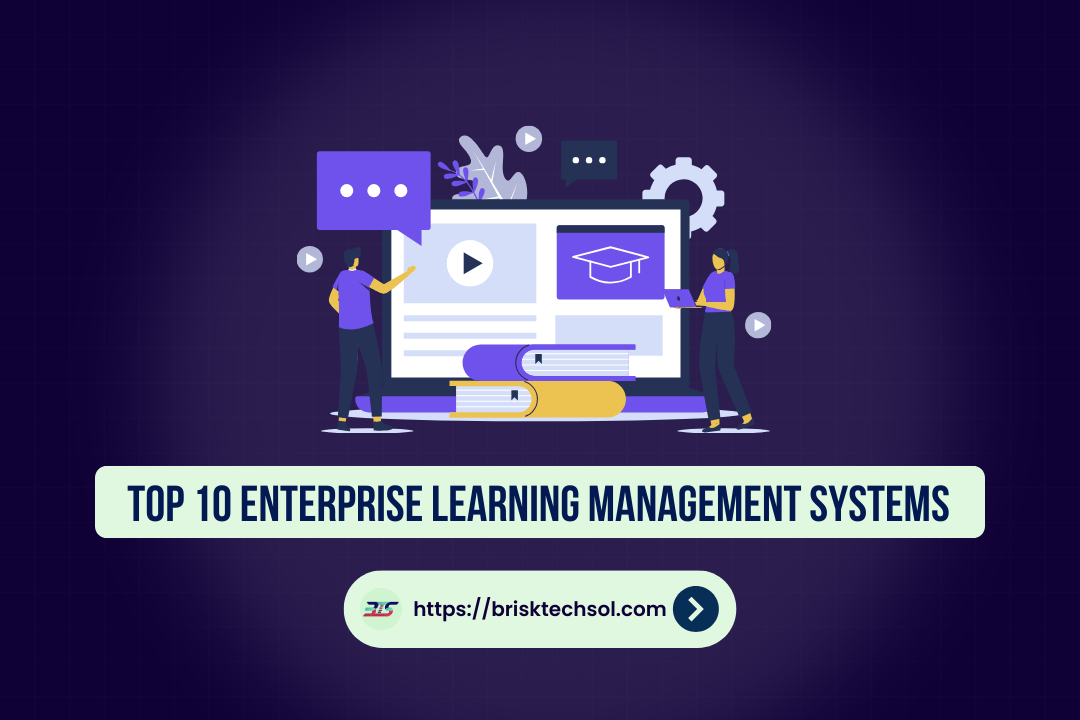Product events marketing automation has become a must-have strategy for brands trying to stay ahead. With 2025 bringing new technology and rising customer expectations, businesses need to use smart tools to make their marketing easier, improve campaigns, and create personalized experiences. This guide explores the top seven product events marketing automation tools making waves this year. Whether you’re an experienced marketer or a small business owner looking to improve your event strategy, this article will help you make smart choices and get a better return on investment.
Why Marketing Automation Matters in 2025
The online marketplace is more competitive than ever. With customers expecting smooth interactions across many channels, marketing automation tools have become very important. They help by:
- Boosting Customer Engagement: Automated systems send personalized content to your audience, ensuring they get the right message at the right time.
- Simplifying Workflows: These tools save time by handling repetitive tasks, so marketers can focus on planning and creative work.
- Increasing ROI: By managing campaigns efficiently and providing clear analytics, automation tools help you spend money wisely and see better results.
- Improving Data Management: With real-time data collection and analysis, businesses can quickly adjust their strategies to meet market changes.
As we look at the top tools for 2025, it’s important to see how they fit into a product events marketing automation strategy that drives success.
Product Event Automation Tools
Product events marketing automation tools are software platforms that help manage and automate different parts of event marketing. They simplify tasks like:
- Event Promotion: Automatically sending out emails, social media updates, and ads to promote upcoming product events.
- Registration Management: Handling sign-ups, confirmations, and follow-up messages smoothly.
- Analytics and Reporting: Offering insights into attendee behavior, campaign performance, and overall return on investment.
- Personalization: Customizing event experiences based on user data and preferences.
In an age where every interaction counts, these tools help ensure that your product events are not only well-attended but also make a lasting impression on your audience.
The Top 7 Product Events Marketing Automation Tools in 2025
After careful research and analysis, here are the top seven tools that have proven effective in product events marketing automation this year.
1. EventMatic Pro
EventMatic Pro stands out as a solid platform that works well with many marketing channels. Its key features include:
- Integrated Campaign Management: Automatically runs campaigns across email, social media, and SMS.
- Real-Time Analytics: Keeps track of event engagement metrics as they happen so you can adjust your plans quickly.
- Easy-to-Use Interface: A simple design that makes it easy for marketers of all skill levels to set up and use.
Pros:
- A detailed dashboard for all event-related data.
- Excellent customer support and help during setup.
- Customizable templates to match your brand’s style.
Cons:
- Higher pricing may not suit startups on a tight budget.
- Some advanced features require a bit of learning for new users.
EventMatic Pro is great for businesses looking to include product events marketing automation in their broader strategy, making campaign management consistent and efficient.
2. Engage360
Engage360 is another strong option known for its flexibility and powerful automation features. This tool offers:
- Cross-Channel Integration: Connects email, social media, and online ads for a unified event promotion plan.
- AI-Powered Personalization: Uses machine learning to customize event invitations and follow-up messages based on user behavior.
- Detailed Reporting: Gives you deep insights into campaign performance, attendee demographics, and ROI.
Pros:
- Highly customizable and scalable.
- Strong AI features for personalization.
- Works well with major CRM systems.
Cons:
- Its advanced features might be too much for very small businesses.
- The pricing can be complex, so budgeting carefully is important.
Engage360 is a good choice for organizations that want to improve their product events marketing using data-driven personalization and smart automation.
3. EventFlow
EventFlow makes event management and marketing simpler by offering a platform focused on ease of use and engagement. Key features include:
- Automated Email Campaigns: Easily create, schedule, and send event invitations and reminders.
- Custom Landing Pages: Build pages that turn visitors into event registrants.
- Social Media Scheduling: Automatically post across various platforms to boost event reach.
Pros:
- A simple drag-and-drop interface.
- Affordable pricing plans for all business sizes.
- Strong social media integration.
Cons:
- Basic analytics compared to some competitors.
- Fewer customization options for larger companies.
EventFlow is ideal for businesses looking for an affordable yet effective solution to improve their product events marketing automation efforts.
4. PromoPulse
PromoPulse is designed for marketers who want to make decisions based on data. It offers features that help optimize your event marketing with:
- Predictive Analytics: Uses past data to predict event success and help you plan better.
- Automated Follow-Ups: Makes sure every lead gets a personalized follow-up message after an event.
- Seamless CRM Integration: Works with popular CRM systems to keep your data organized and manage leads effectively.
Pros:
- Advanced analytics for detailed campaign reviews.
- Efficient automation for follow-up messages.
- Strong integration with other systems.
Cons:
- Some advanced features may need technical skills to use well.
- The setup process can take time without proper support.
PromoPulse is a solid option for businesses that focus on data to drive their product events marketing automation strategy.
5. Streamline Events
Streamline Events is built for simplicity without losing powerful features. It offers:
- Automated Registration Processes: Makes signing up and managing attendee lists simple.
- Dynamic Email Marketing: Sends personalized invitations and reminders based on user actions.
- Mobile Optimization: Ensures that all event communications and pages work well on mobile devices.
Pros:
- Easy to set up and use.
- Great mobile integration.
- Ideal for small to medium-sized businesses.
Cons:
- Lacks some advanced features needed by larger companies.
- Reporting and analytics are more basic compared to some other tools.
For companies that want a simple solution to add product events marketing automation to their process, Streamline Events is a strong pick.
6. AutoEvent Manager
AutoEvent Manager is made for marketers who need a complete tool that handles everything from event promotion to post-event reports. Its highlights include:
- All-in-One Dashboard: Lets you see every part of your event marketing campaigns in one place.
- Automated Segmentation: Helps you target different groups with tailored content.
- In-Depth Analytics: Tracks detailed metrics to show how users interact with your events and measure campaign success.
Pros:
- Brings all event management functions together in one interface.
- Powerful segmentation features for more personalized marketing.
- Extensive analytics for clear, data-driven decisions.
Cons:
- The interface can seem crowded for new users.
- Premium features come at a higher cost.
AutoEvent Manager is best for businesses that need a complete solution for product events marketing automation, making sure every part of event management is covered.
7. MarketWave
Rounding out our list is MarketWave, a tool that focuses on ease of use without giving up functionality. MarketWave offers:
- Intuitive Campaign Builder: Lets you create and manage event marketing campaigns with little effort.
- Real-Time Engagement Tracking: Keeps an eye on engagement levels as they happen so you can adjust your plans immediately.
- Omnichannel Support: Manages campaigns across many digital platforms to reach as many people as possible.
Pros:
- A user-friendly interface that is easy to learn.
- Real-time insights into engagement.
- Competitive pricing and flexible plans.
Cons:
- Some advanced features may not be as strong as those in more advanced tools.
- Limited options for deep customization if you have very specific needs.
MarketWave is a great option for businesses of any size that want to add product events marketing automation without the extra complexity.
How to Choose the Right Tool for Your Business
Choosing the right product events marketing automation tool depends on a few factors. Here are some tips to help you decide:
1. Define Your Goals
Before choosing a tool, decide what you want to achieve with your product events. Do you want to increase attendance, boost engagement, or drive more sales? Clear goals will help you find the features you need.
2. Evaluate Your Budget
Some tools offer many features but come at a higher cost. Check your budget to find a tool that offers the best mix of price and functionality for your business.
3. Consider Integration Capabilities
Make sure the tool you choose works well with your current CRM, social media, and email marketing systems. This ensures smooth operations and consistent data management.
4. Look for Scalability
As your business grows, your marketing needs may change. Choose a tool that can grow with you, offering more features and customization options as needed.
5. Read User Reviews and Case Studies
User reviews and case studies give insights into how well a tool works in real life. Look for success stories that match your business goals.
Product Event Marketing Automation Best Practices
To get the most out of your chosen automation tool, keep these best practices in mind:
Personalize Your Communications
Tailor your messages based on user data and behavior. Custom messages increase engagement and lead to higher conversion rates.
Use Data-Driven Insights
Regularly check performance data to fine-tune your strategies. Keep an eye on key metrics like open rates, click-through rates, and conversion rates to measure success.
Automate Follow-Ups
Make sure not to lose leads after an event. Use automated follow-up emails to stay in touch and guide prospects through your sales process.
Optimize for Mobile
Make sure that all your event pages and communications work well on mobile devices. With more users browsing on smartphones, a smooth mobile experience is key.
Test and Improve
Keep experimenting with different parts of your campaigns. Testing different approaches can help you see what works best and make improvements over time.
Conclusion
In 2025, product event marketing automation is more powerful and innovative than ever. Whether you choose a robust platform like EventMatic Pro or a user-friendly option like MarketWave, the top seven tools can help you streamline planning, boost engagement, and drive real results. With automation handling routine tasks, you’re free to focus on strategy creating personalized, data-driven experiences that truly connect with your audience. Keep learning, stay flexible, and continue refining your approach as the digital landscape evolves. With the right tools, you’re set to lead successful events and grow your business.
FAQs
1. What is product events marketing automation?
Product events marketing automation means using software tools to simplify and improve the planning, promotion, and management of product events. These tools help by automating repetitive tasks, personalizing communications, and providing clear insights into event performance.
2. How do these tools help improve event engagement?
By automating tasks like sending emails, posting on social media, and following up after events, these tools ensure you stay connected with your audience. Features that customize messages make the content more relevant, which leads to better engagement and more conversions.
3. Can small businesses benefit from using marketing automation tools?
Yes, small businesses can definitely benefit. Many of the tools mentioned, such as EventFlow and Streamline Events, offer affordable plans and simple interfaces that are ideal for small to medium-sized businesses aiming to improve their event marketing efforts.
4. How do I choose the right tool for my business?
Think about your marketing goals, budget, how the tool will fit with your current systems, and whether it can grow with your business. Reading user reviews and case studies can also help you decide which tool is best for your needs.
5. Are these tools hard to set up?
Most modern marketing automation tools are built to be user-friendly. While some advanced features might take a little extra time to learn, many providers offer good support and help during the setup process.


